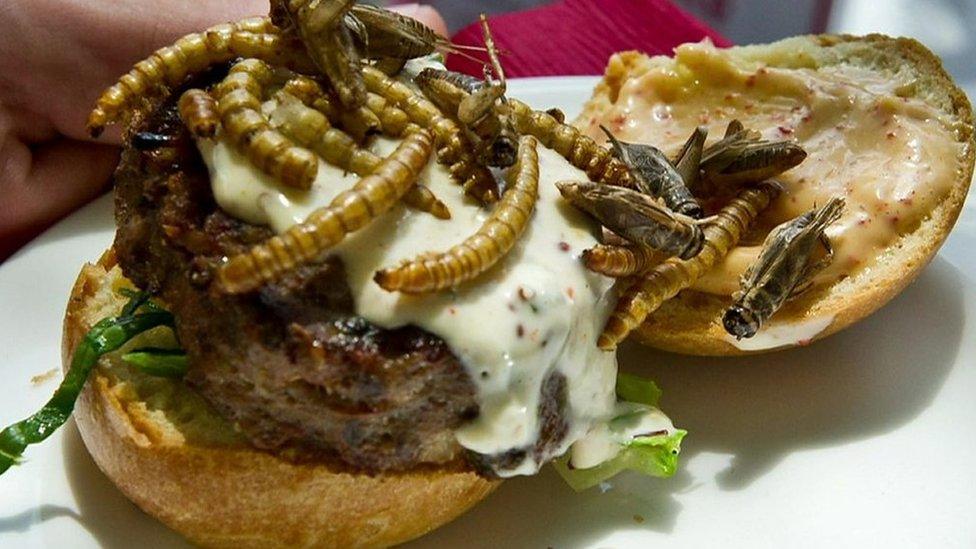Woodlouse, slater, or chucky pig? This insect has more than 250 names!
- Published
- comments
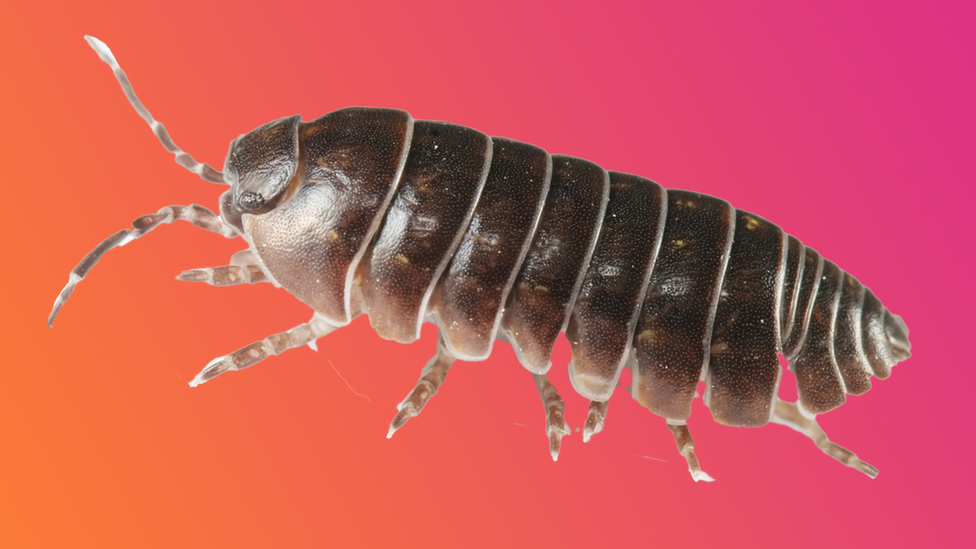
If you were to see one of these in your garden, or in the park, what would you call it?
A woodlouse? Or maybe something else entirely?
Researchers have been carrying out a survey to find out the different names people use in different parts of the country.
So far they've already found 250 different names being used.
There are another 100 names which have been used for woodlice in the past, that researchers want to confirm if they are still in use.
In Welsh it is known as a mochyn coed, which means wood pig.
In some other places its know as a 'chucky pig', and even a 'Monkey pea'.
Most of these names sound a lot more exciting than woodlouse - maybe some of us might even decide to adopt a new name once we've seen the full list of options!
Try out the quiz to see if you can tell which are real names people are using, and which ones we've just made up to keep you on your toes!
Dr Warren Maguire, a lecturer in Linguistics and English Language at the University of Edinburgh, is carrying out the survey along with other researchers.
He said that snails, centipedes and dragonflies also have multiple names, which is partly due to different dialects of English as well as other languages like Scots.
He added: "But, for some reason, woodlice have got the most regional names. They've got hundreds of names. And no other life form seems to have anything like that."
Why are insects so amazing?
Why are there so many different names for the same insect?
Dr Warren Maguire thinks all the different names might be partly due to children who find the insects and make up their own names for them.
"If you think about who amongst us are closest to these things that crawl around on the ground, it's going to be children who find them under stones and under sticks," he said.
He said there seemed to be more variations in the names in England and Wales, referred to in the study as 'southern Britain'.
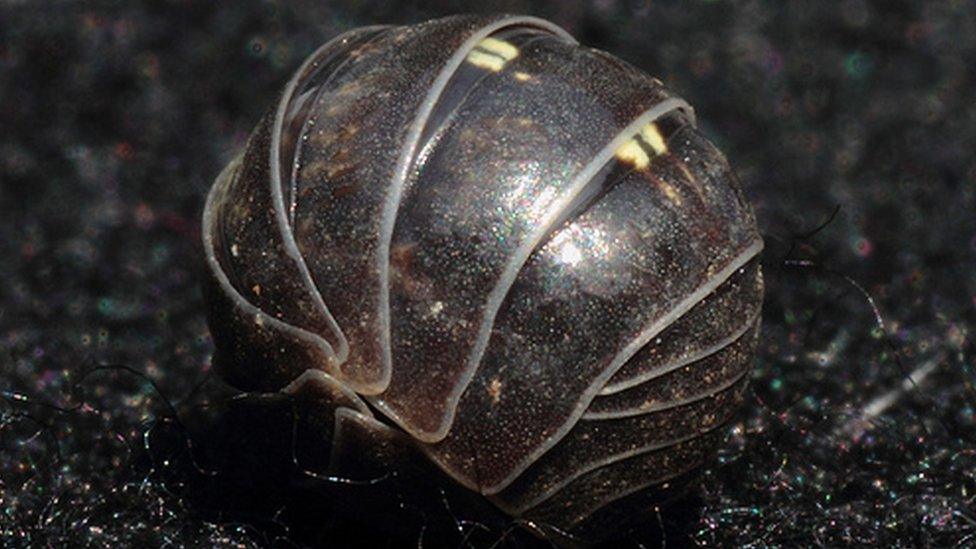
Some of the creatures can roll up into a ball when disturbed, as a defensive measure
"One of the reasons we think that might be is that in southern Britain especially, they have the sort that roll up into little balls when you touch them.
"And I know from my own kids' experience that children find these very fascinating."
- Published11 February 2019
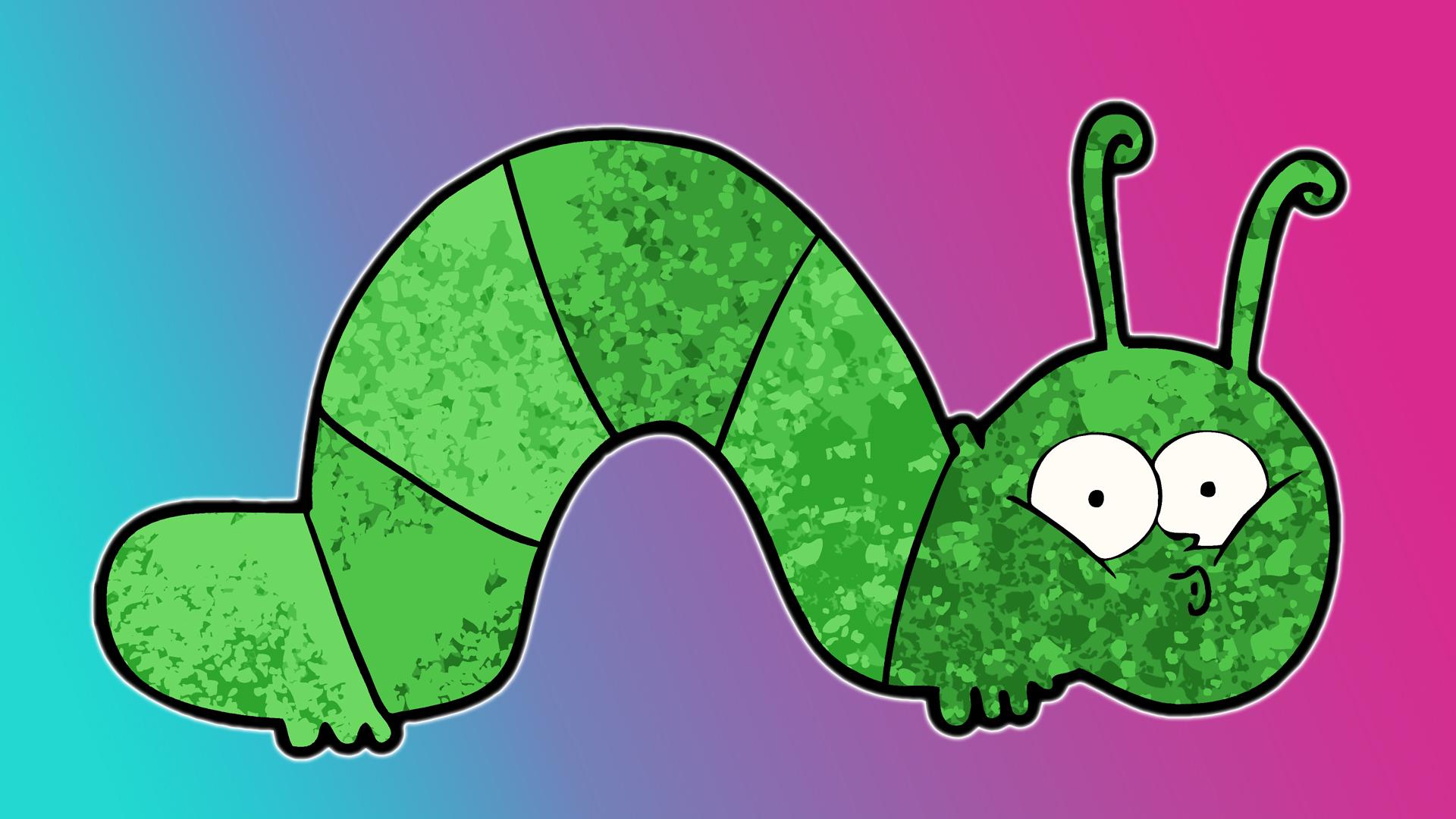
- Published19 July 2019
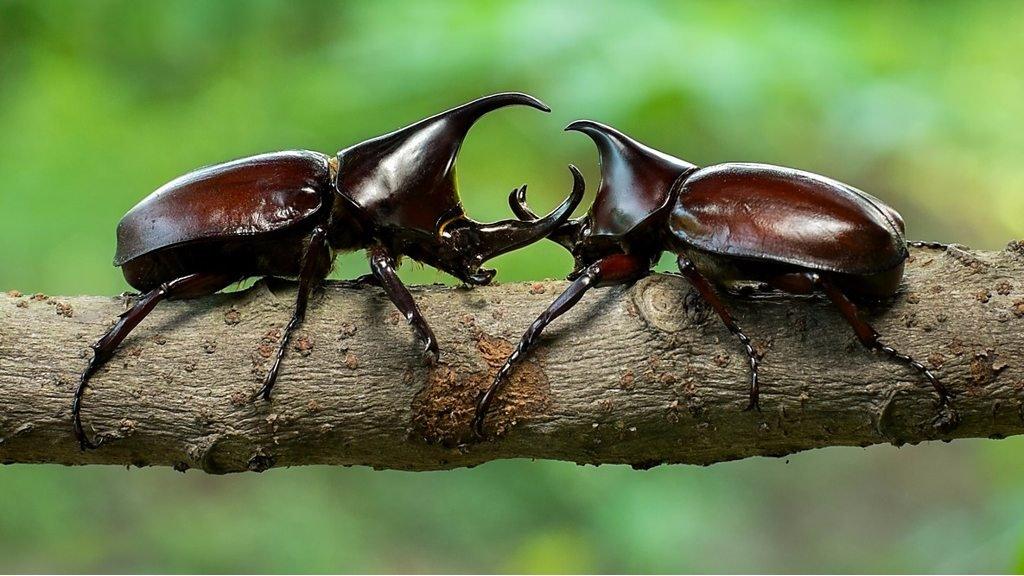
- Published25 April 2019
